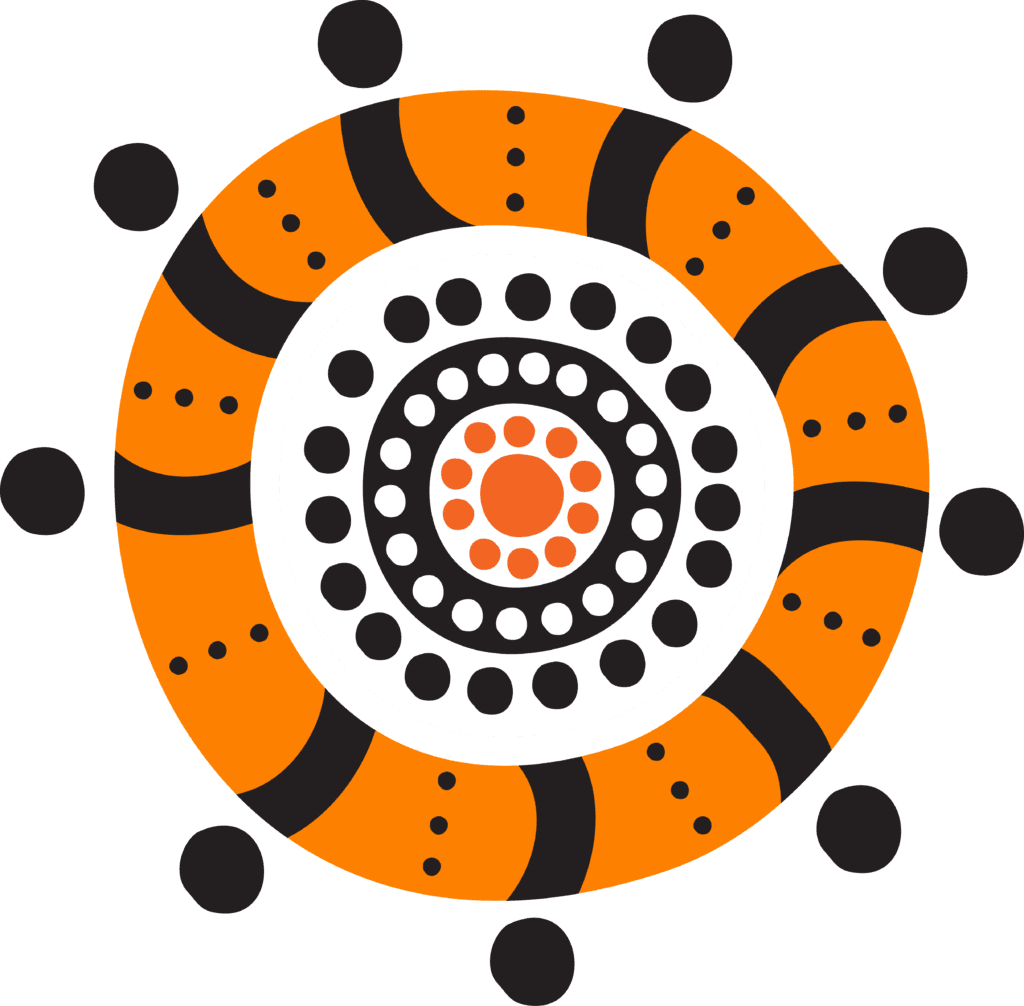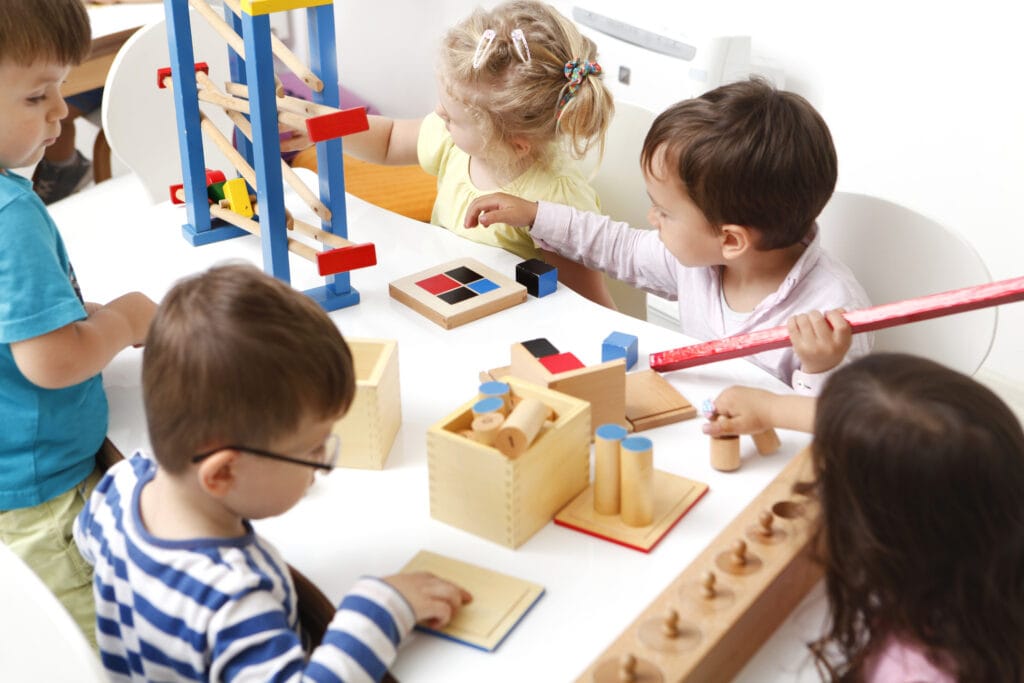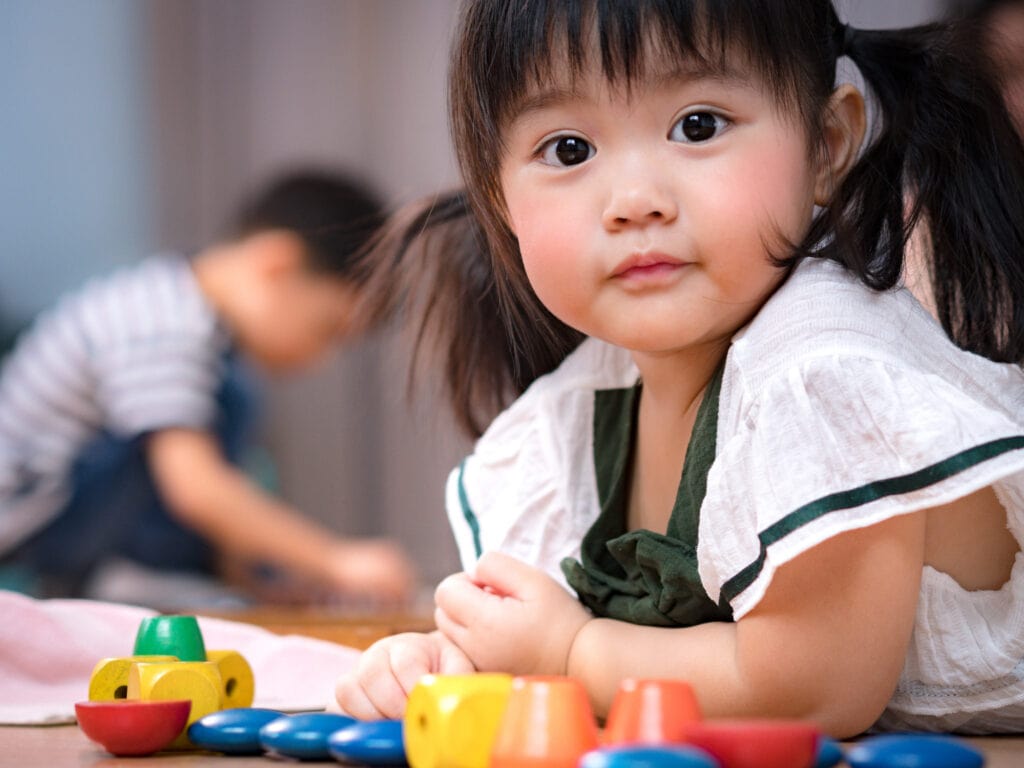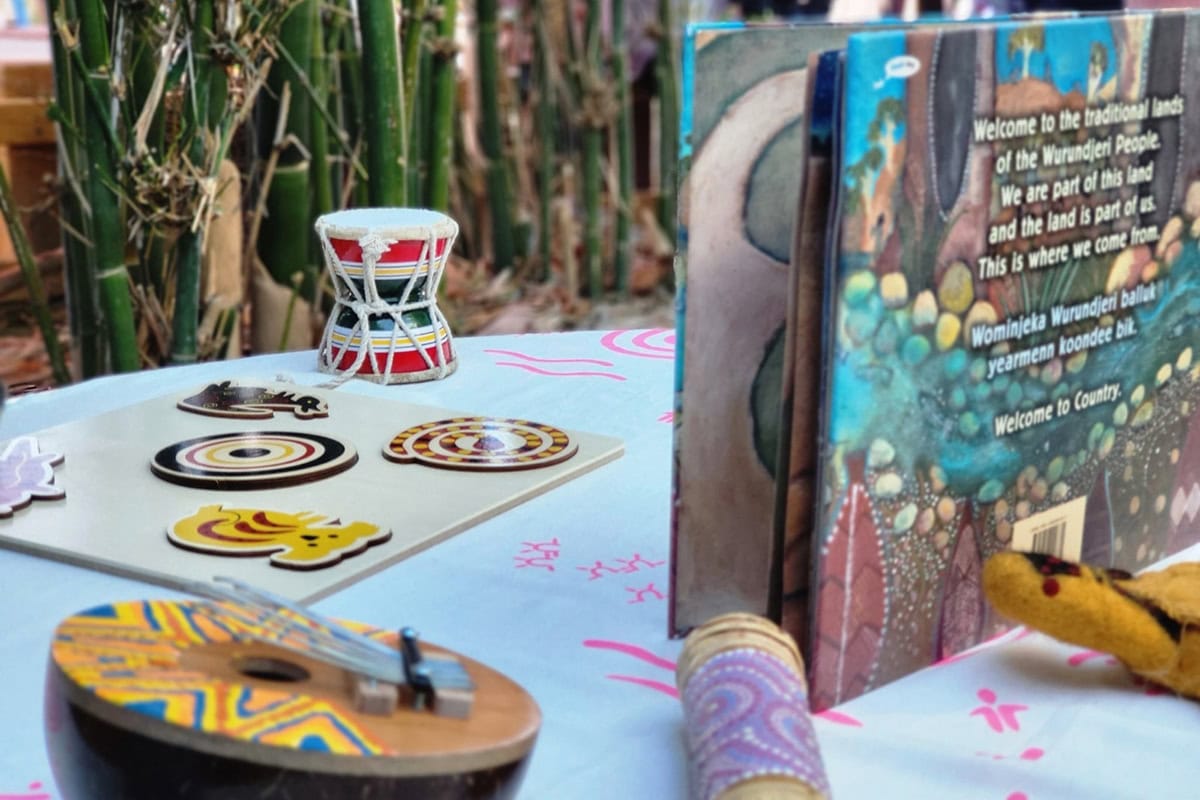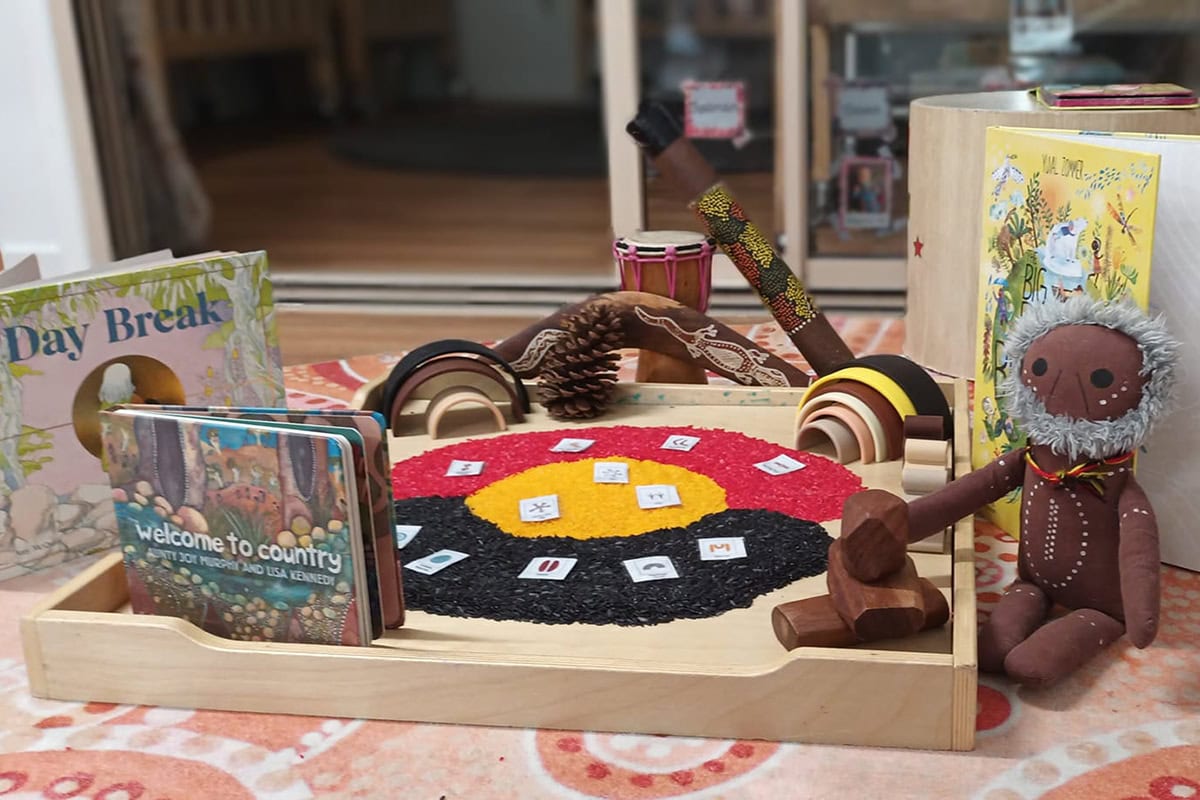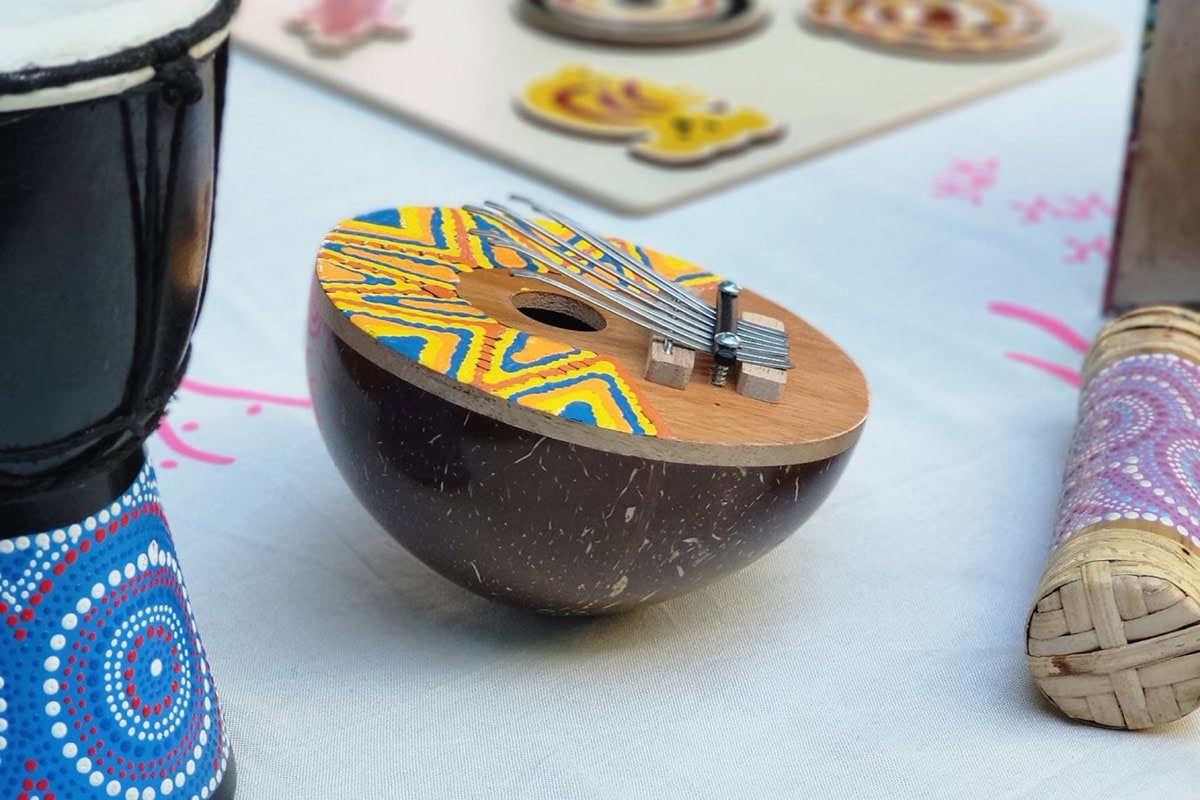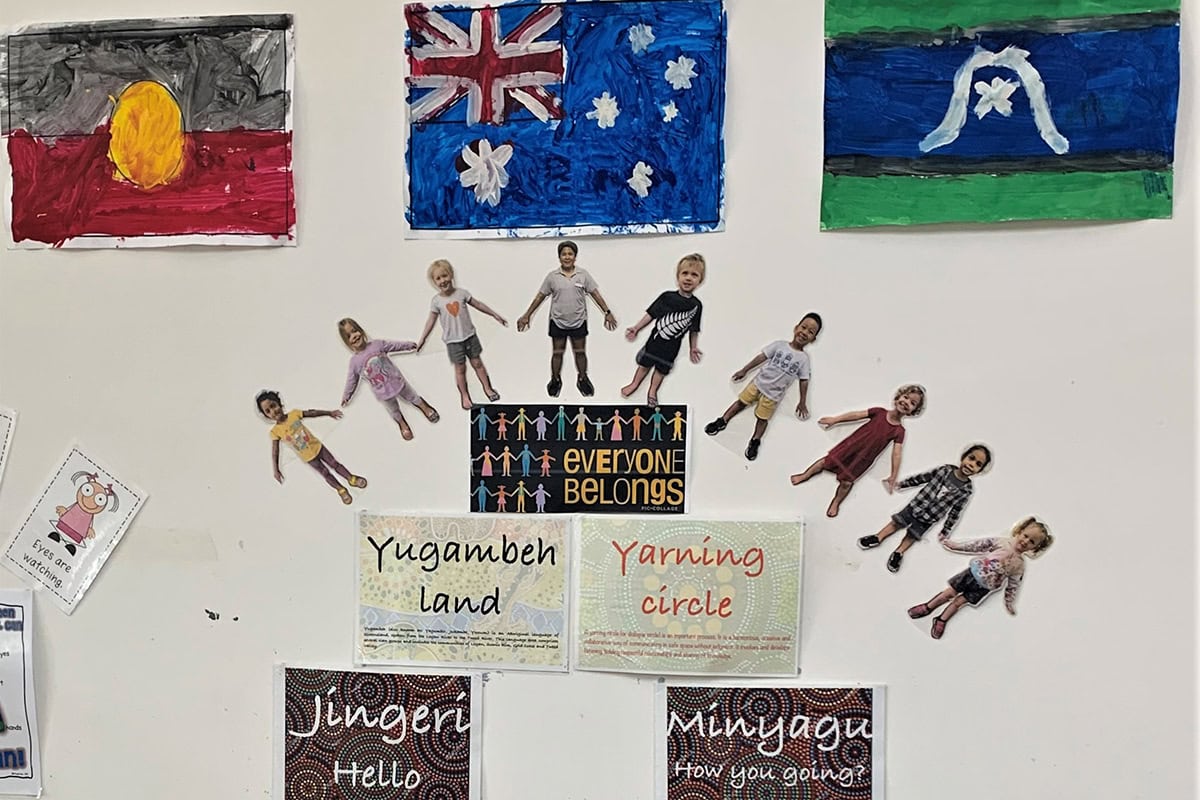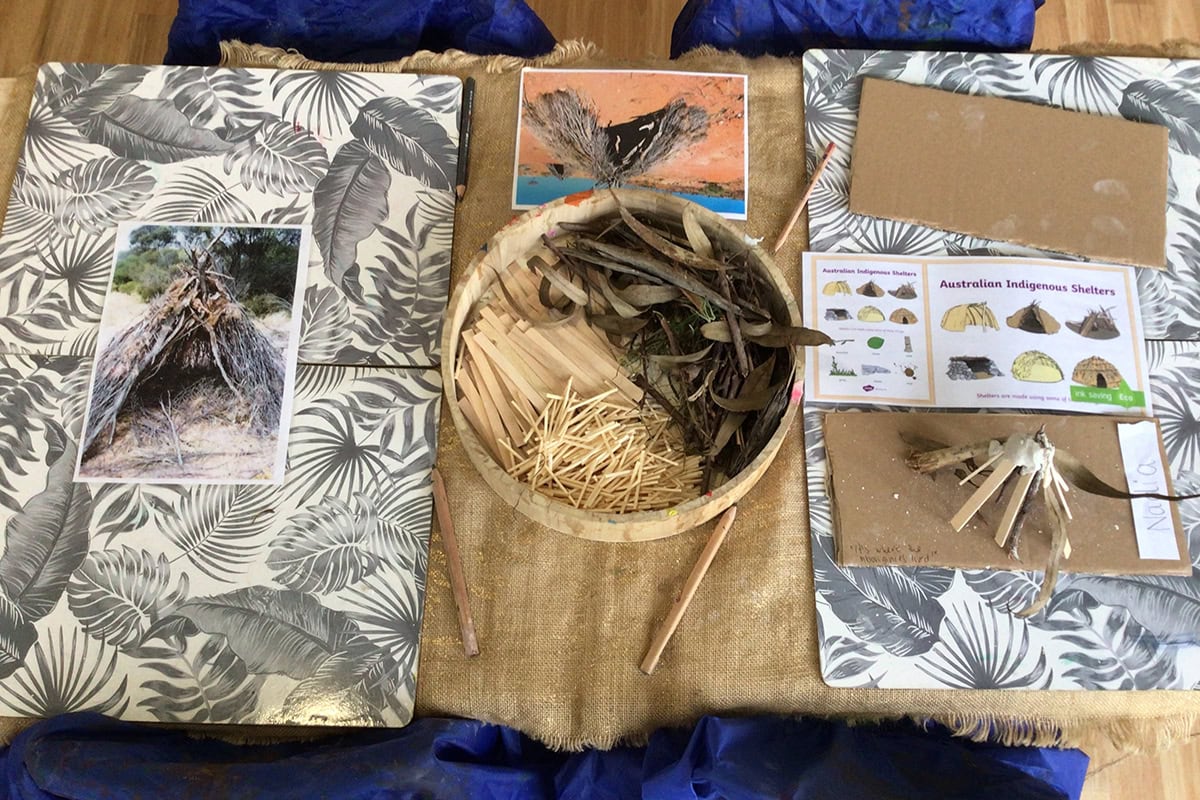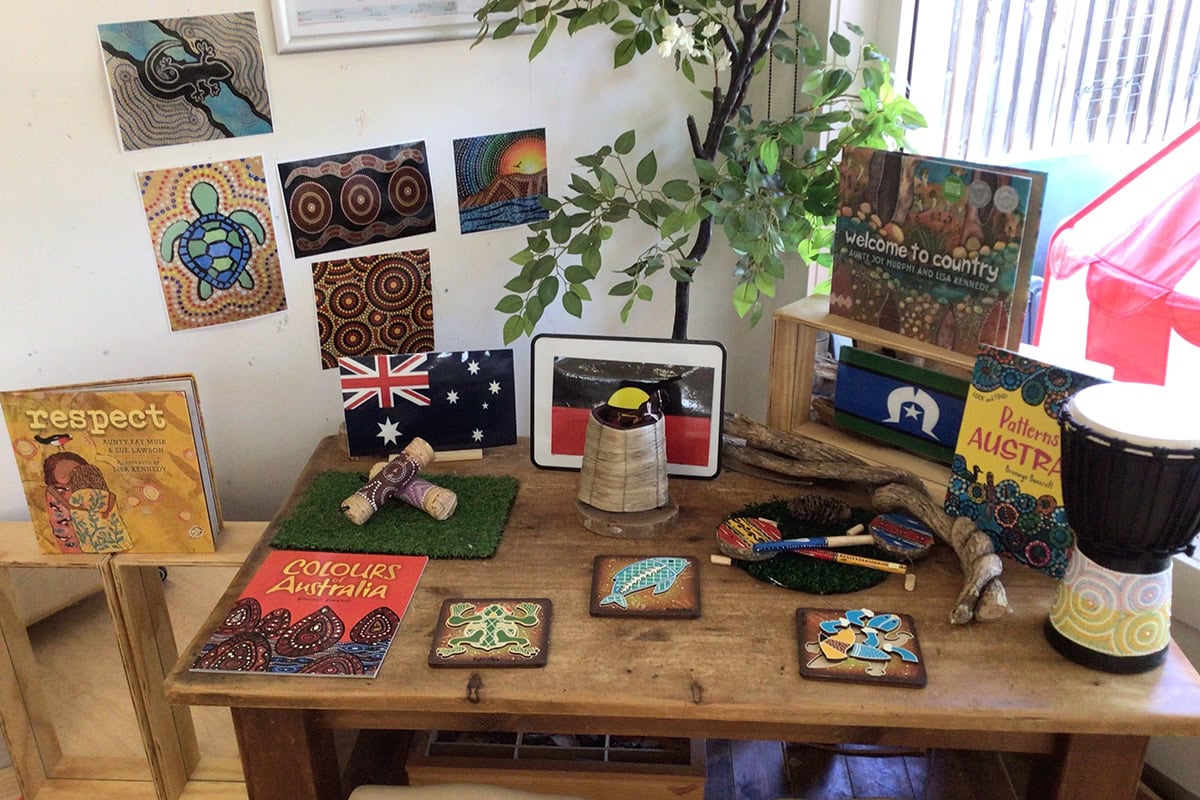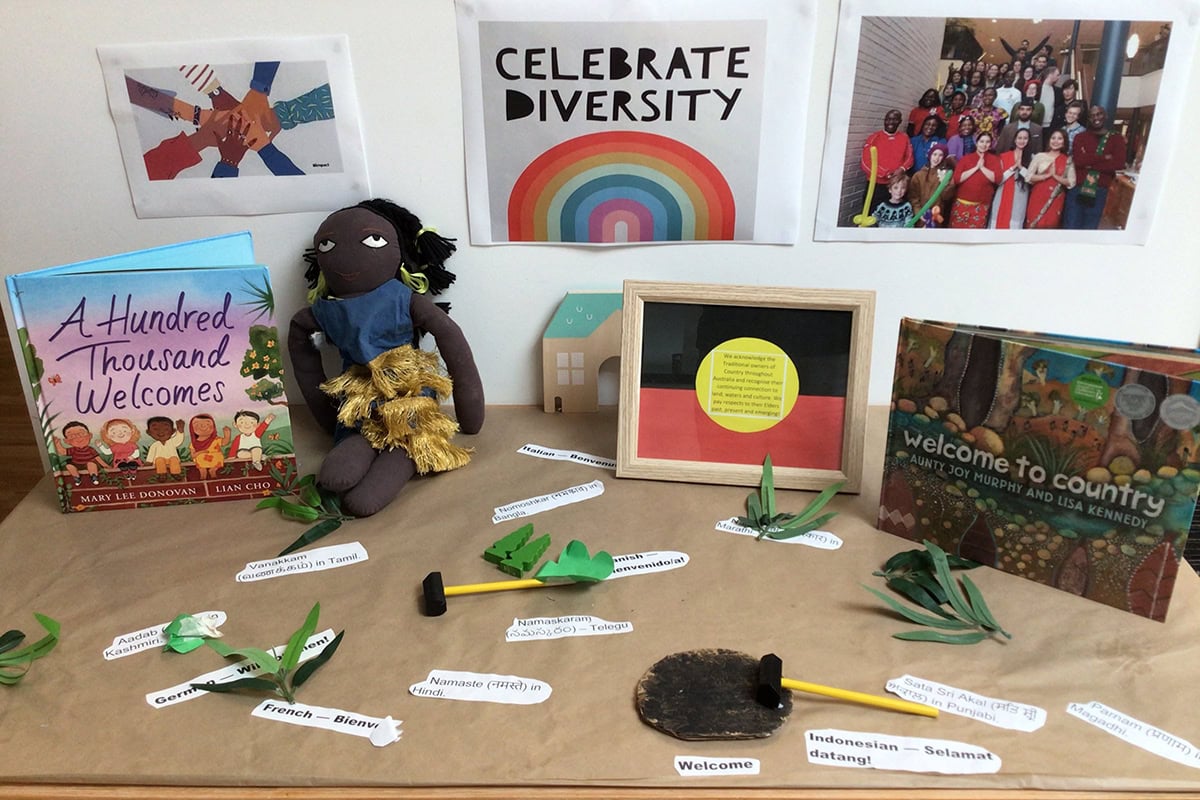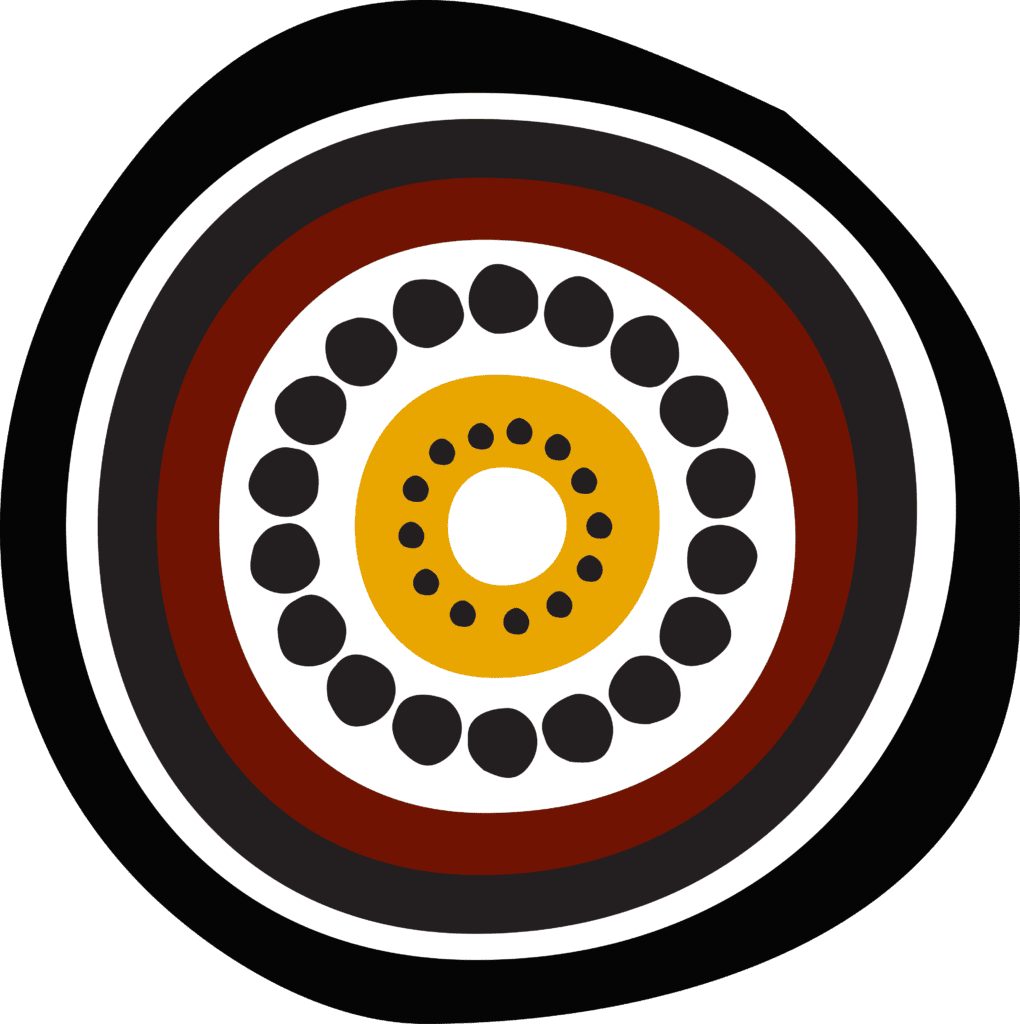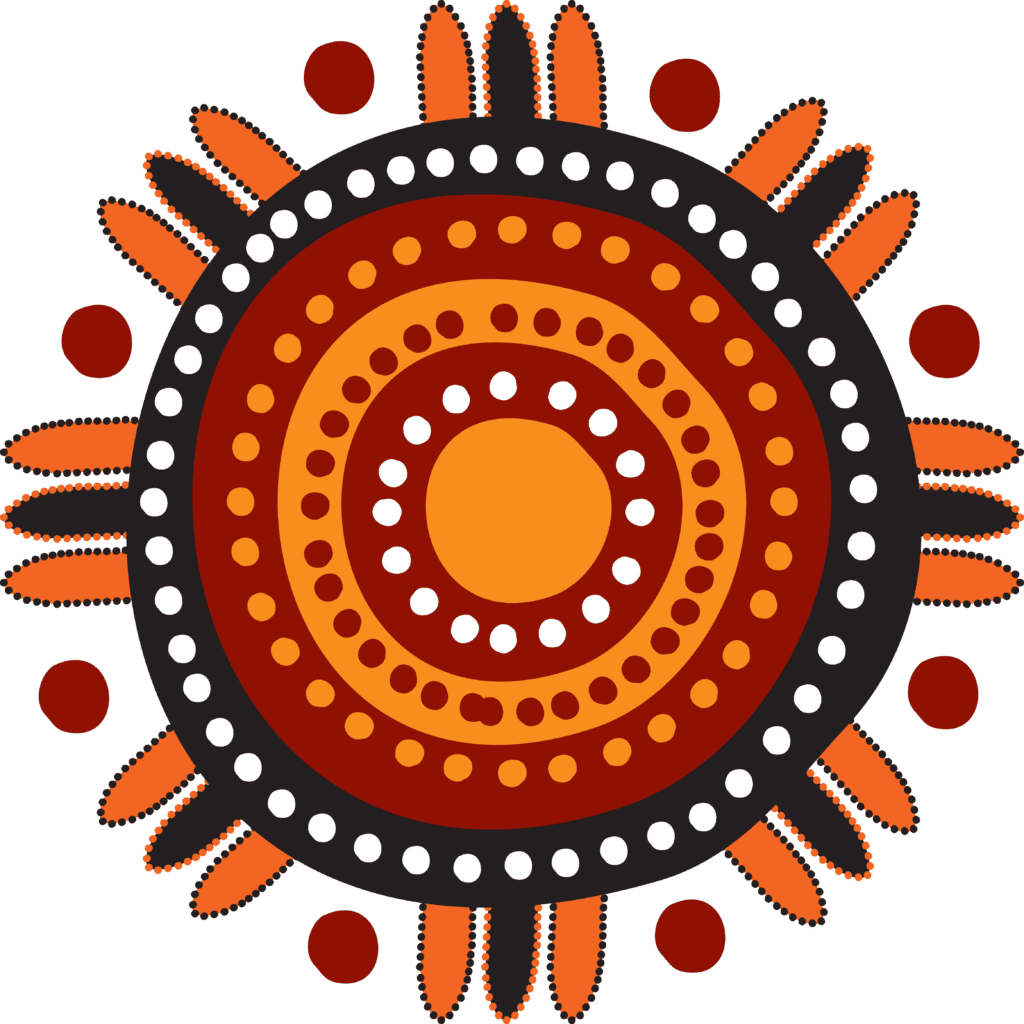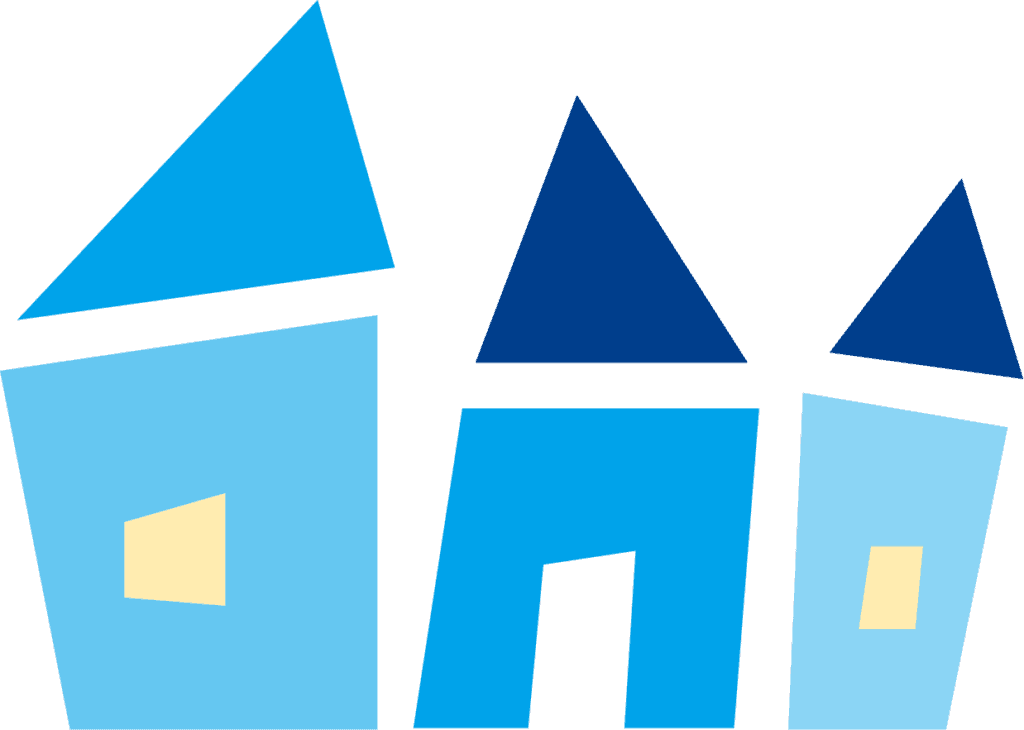Our jarjums reaching new heights
Early childhood educators at Story House Early Learning sit, yarn and plan for each child’s (jarjum’s) development. These yarns occur from saltwater country, over to the freshwater and across the flats and hills. This is no different to how our communities worked thousands of years ago. With the jarjum at the centre of each conversation, collaboration is developed by Commitment and Connectedness, depicted here with the same colours as used by Story House within their mission document. When we take our time to truly collaborate and truly listen, our jarjums walk to new heights, closer to the sun every day.
Dave Hartley – Indigenious Artist from the Barunggam People.
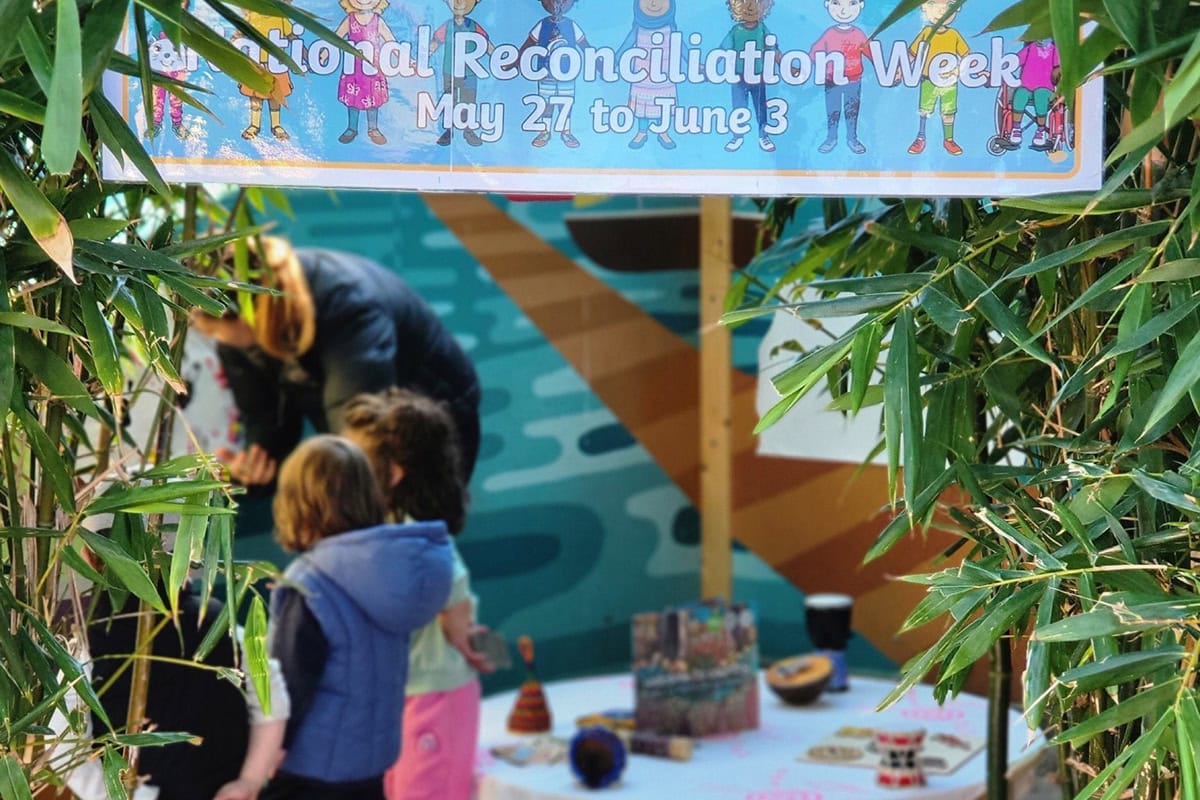
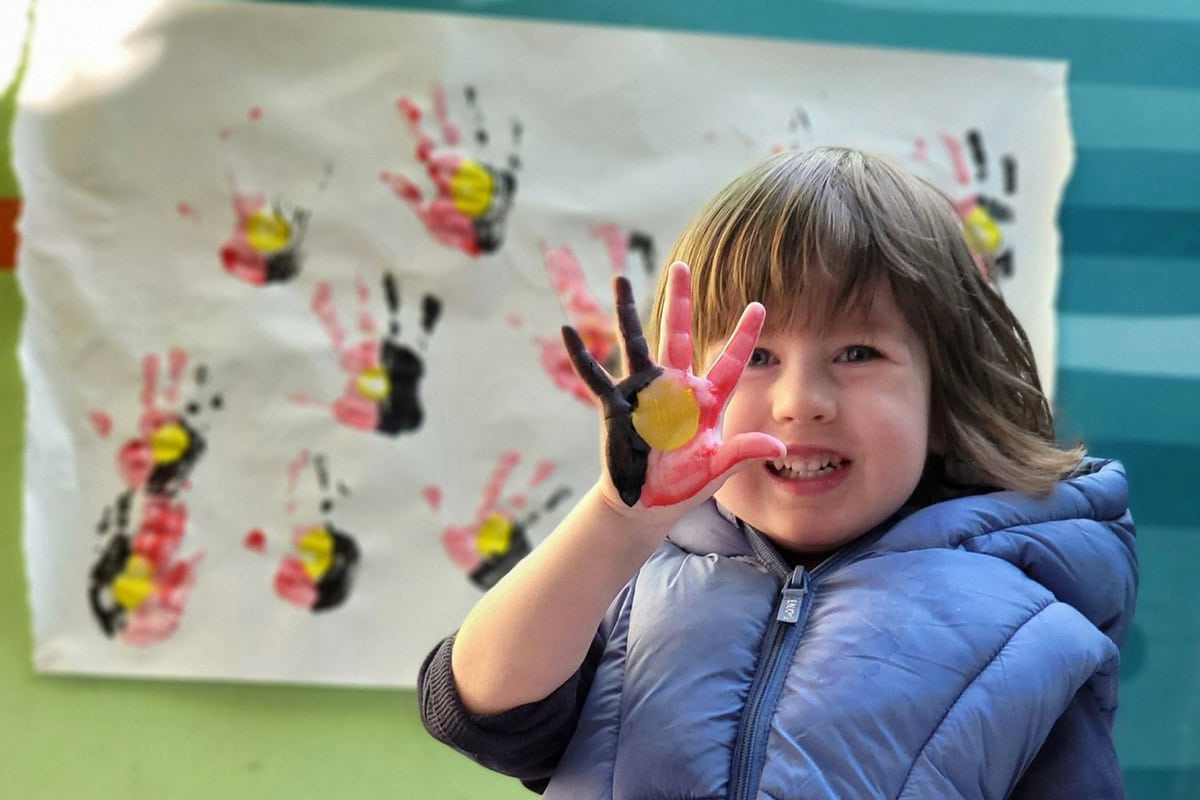
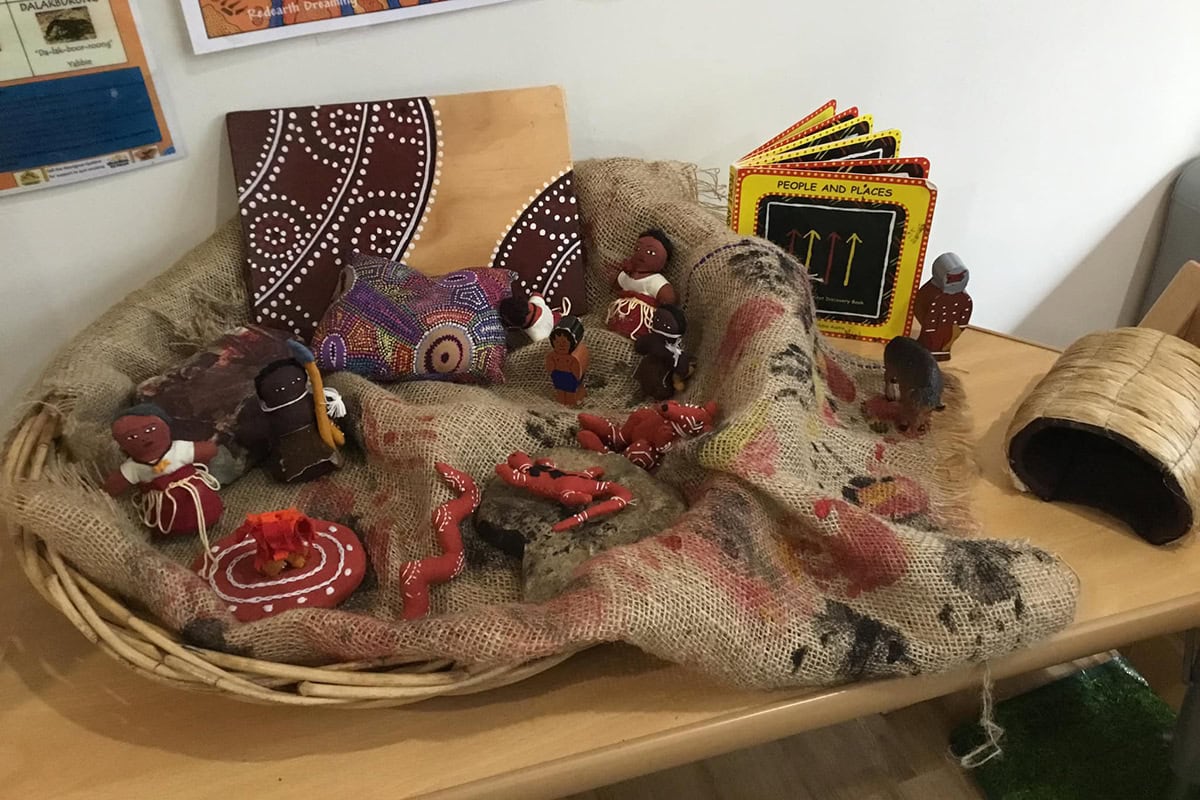
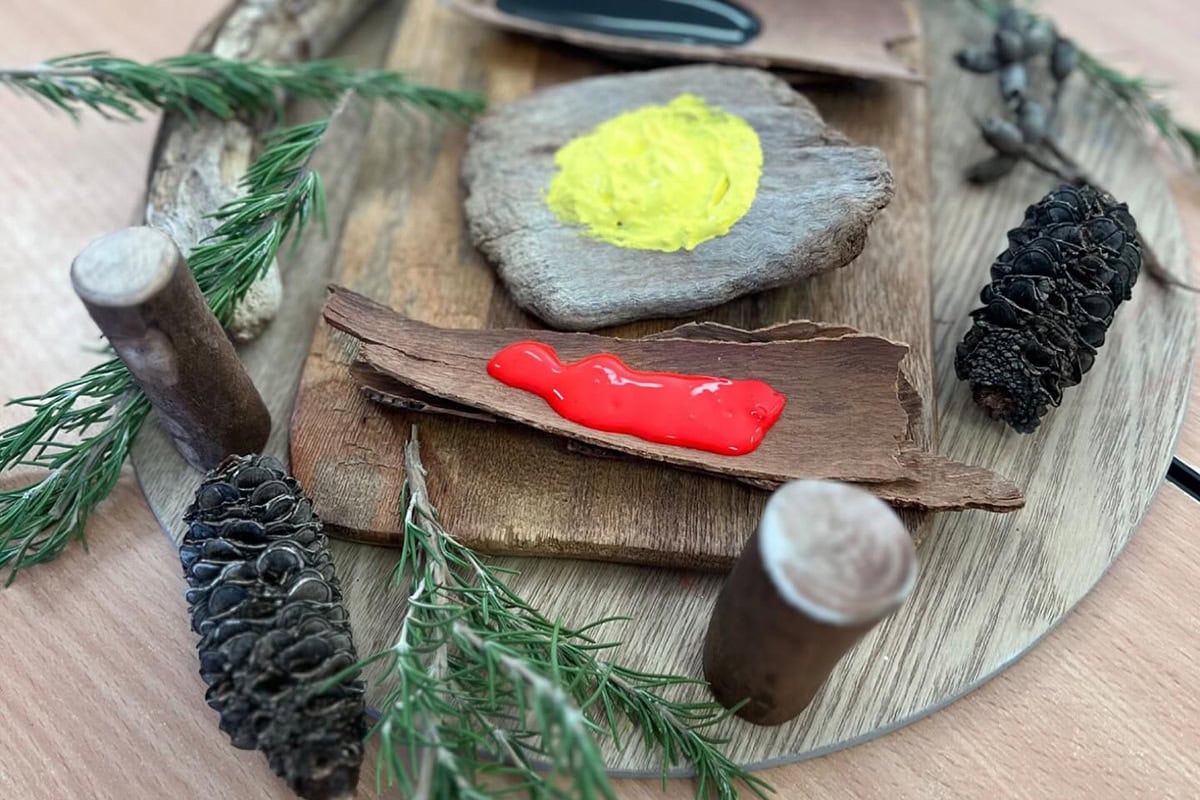
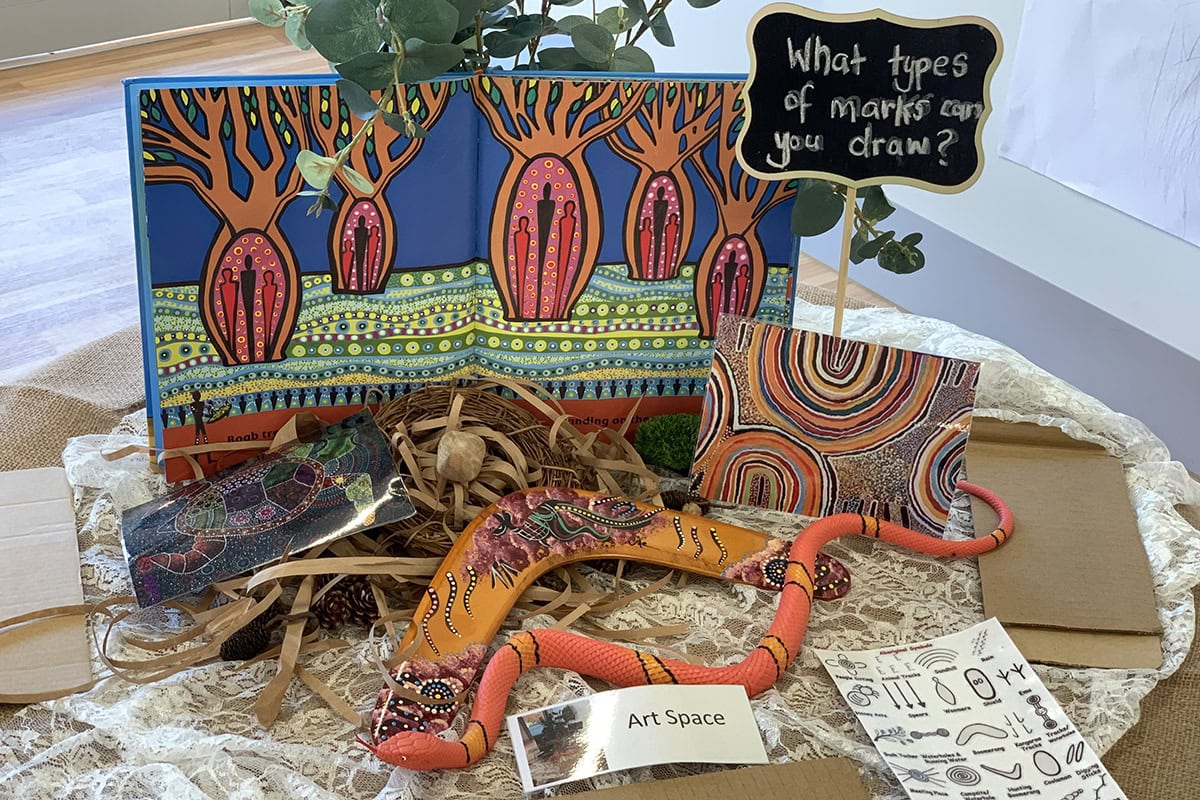
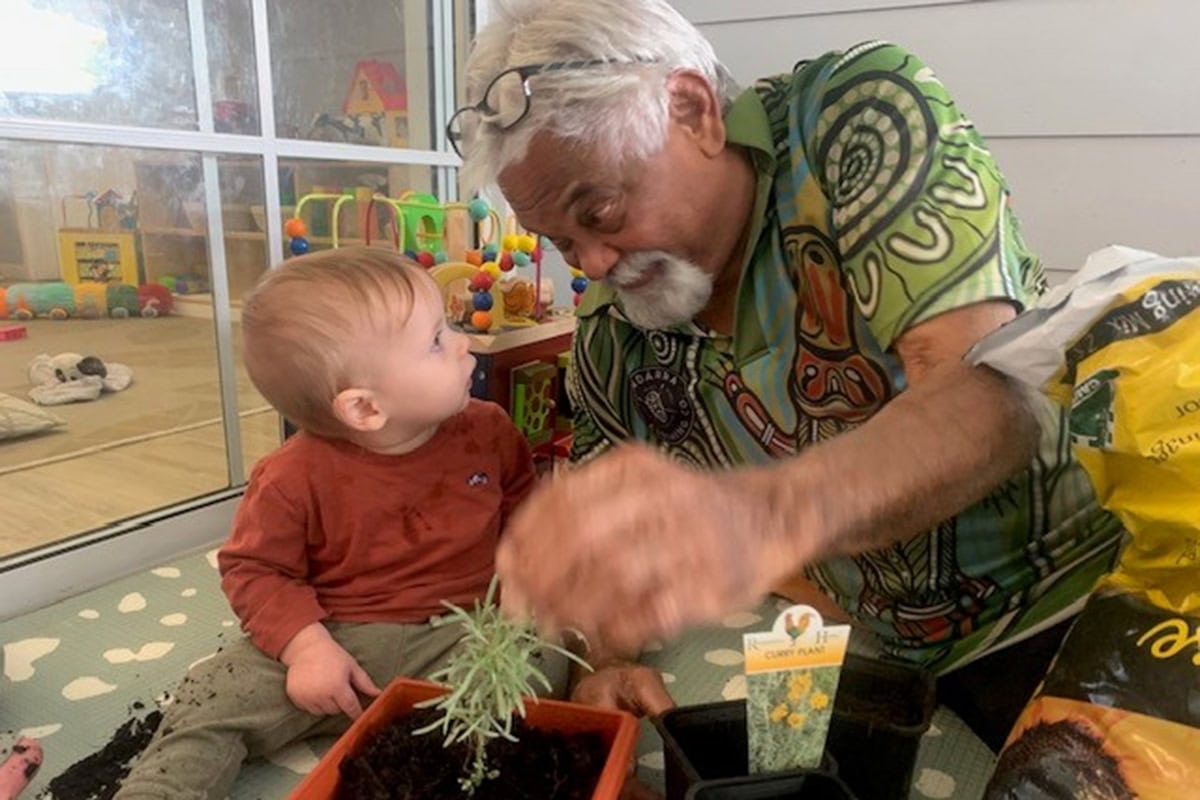
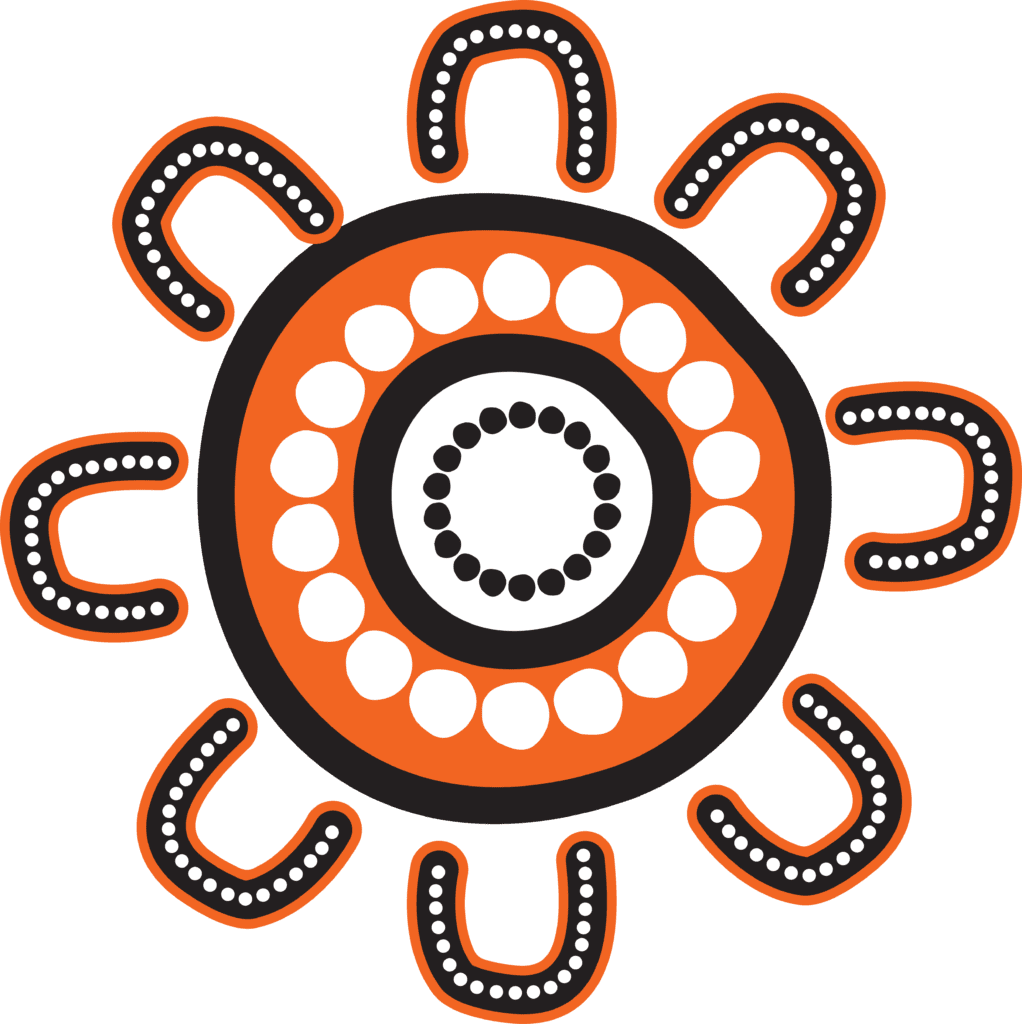
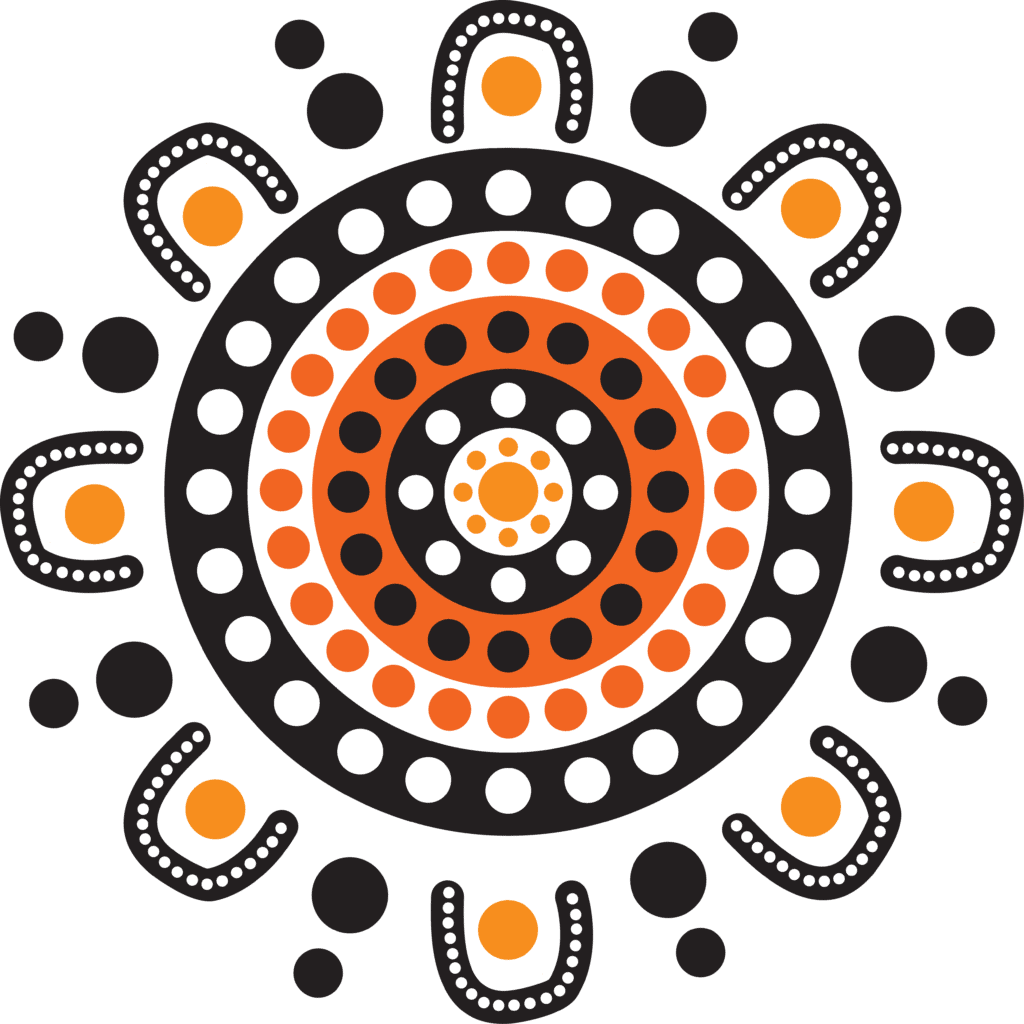
A message from Reconciliation Australia
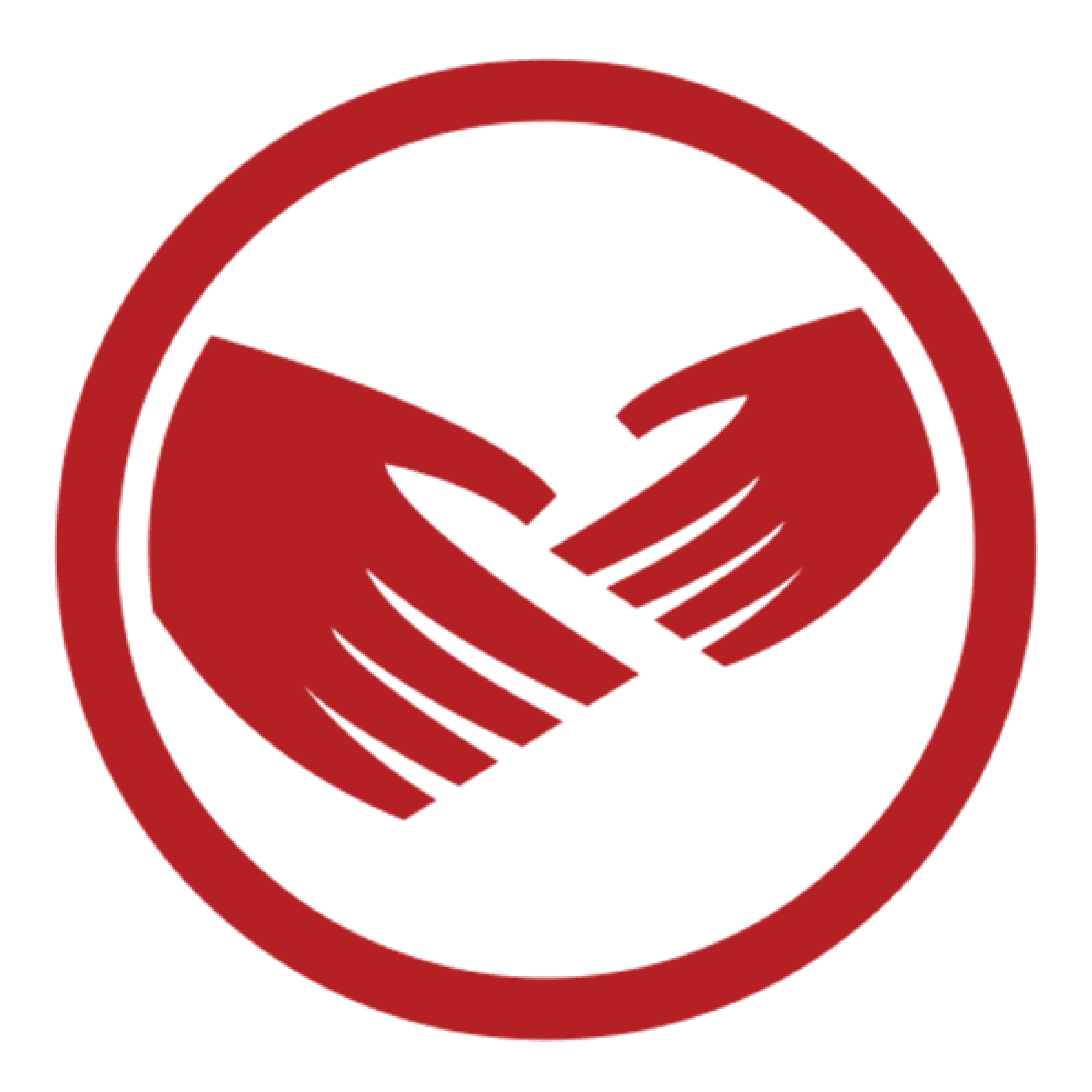
Relationships

Respect
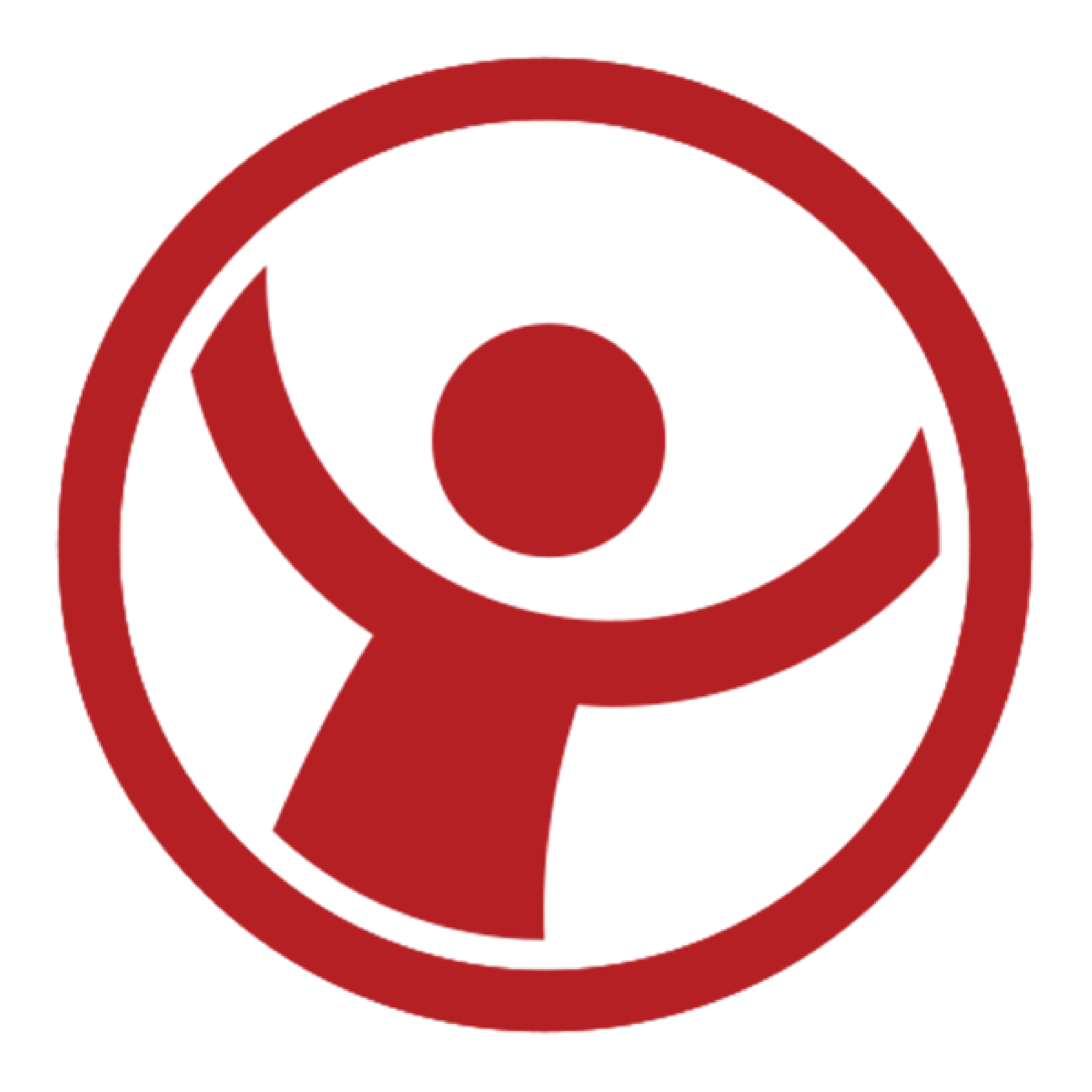
Opportunities

Governance
Our Reconciliation Action Plan
Our organisation acknowledges that reconciliation is an ongoing journey, and we make a commitment to authentic, accountable, and actionable pathways as we reflect on our current situation and travel this pathway of reconciliation alongside Aboriginal and Torres Strait Islander peoples.
In November 2022, we began our authentic journey of reconciliation by establishing a Reconciliation Working Group (RWG) consisting of colleagues from Queensland, New South Wales, and Victoria. A Terms of Reference was established to guide our reconciliation journey, where the Term of Reference outlines the objectives of the Reconciliation
Working Group (RWG).
This group is a key to driving the strategic development, implementation of actions and the reporting cycle of Story House Early Learning’s Reconciliation Action Plan as part of our commitment to First Nations peoples.
The Story House Early Learning RWG takes a whole-of-community approach to foster reconciliation for all children, staff, families, and visitors. The working group will review information, discuss next steps, and make recommendations of actions moving forward to ensure our organisation actively promotes First Nations cultures, ways of knowing, and wisdom.
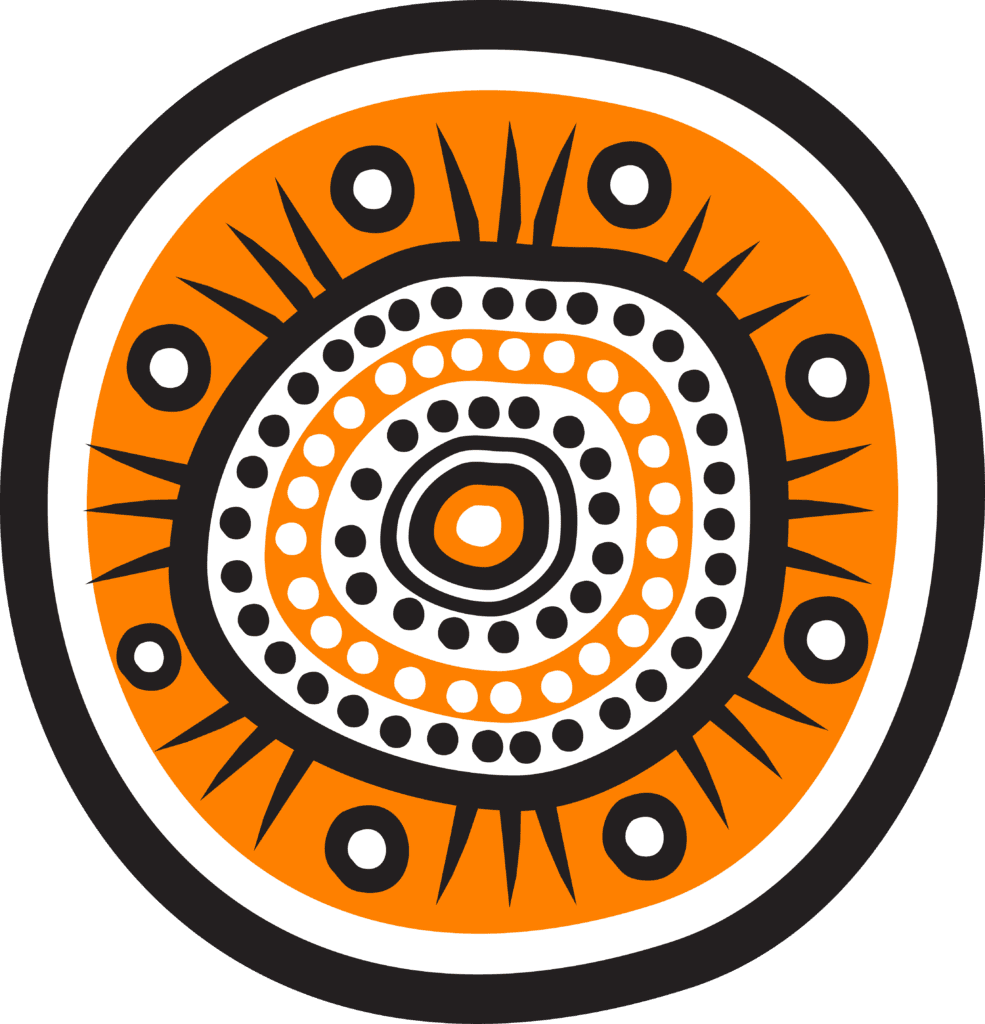
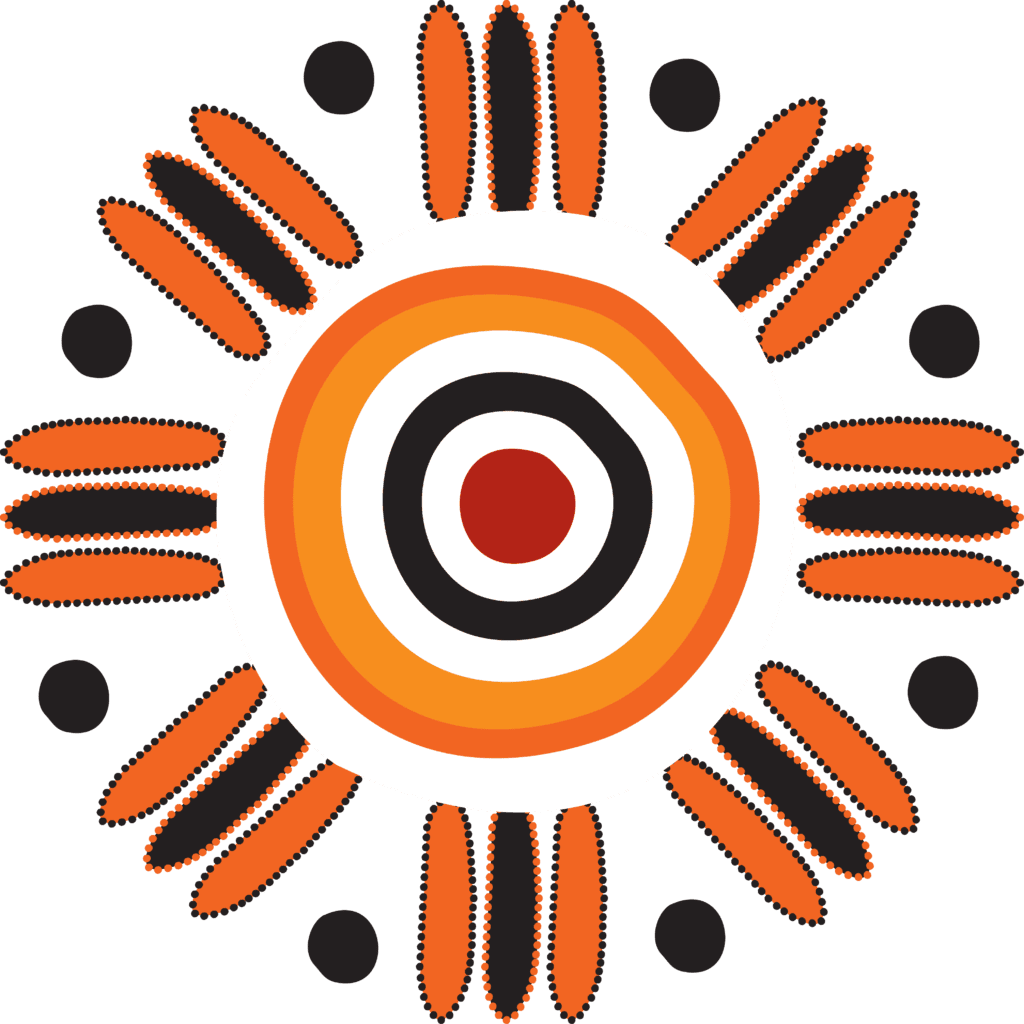
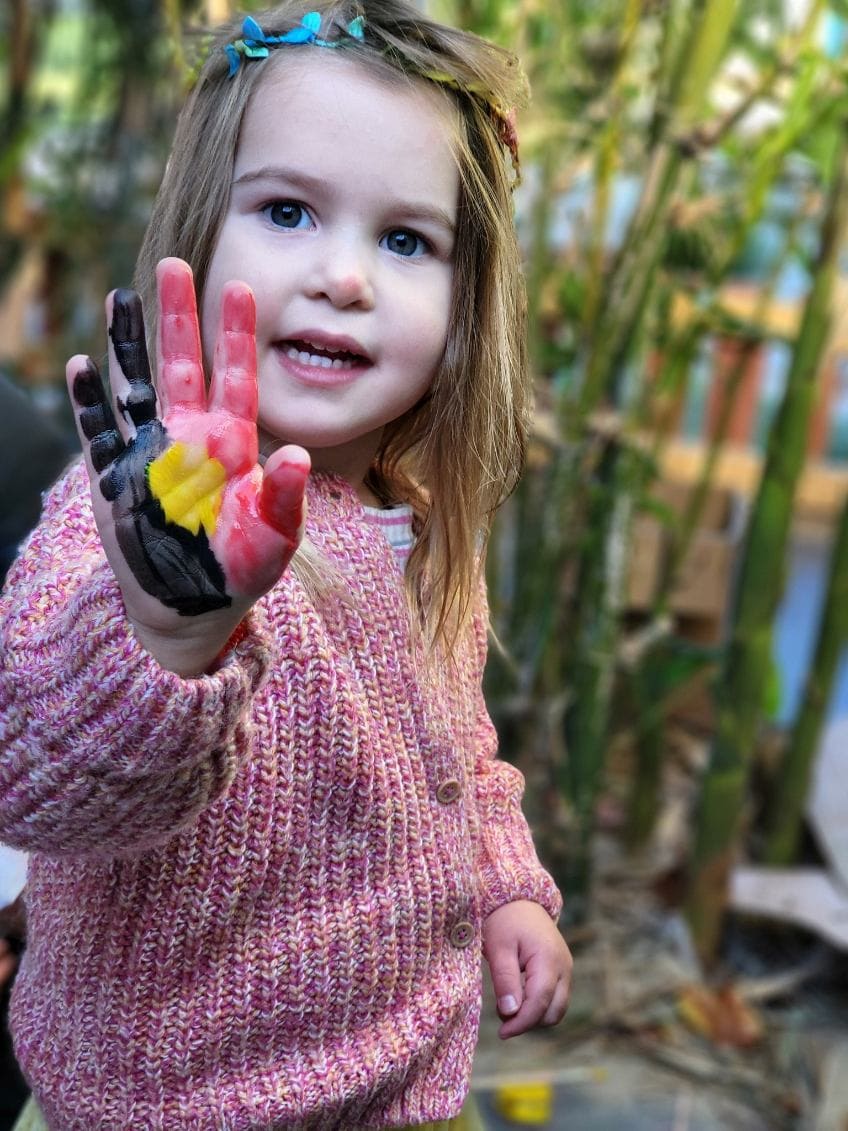






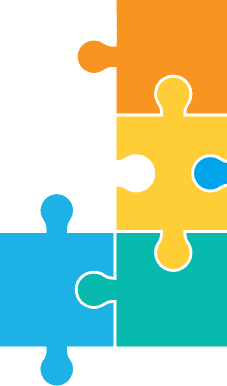
Story House Early Learning is committed to child safety, maintaining zero tolerance for abuse, neglect, or harm. (S2) We maintain a safe, secure welcoming environment by upholding the following:
- We prioritize the safety, participation, and empowerment of all children. (S2, S3)
- We expect that all staff, volunteers, contractors, families, and community members demonstrate respect towards each child and one another. (S1, S4)
- Allegations of abuse, neglect, or harm, as well as complaints or safety concerns, are promptly, seriously, and consistently addressed, adhering to our legal and moral obligations to report to authorities. (S7)
- We actively work to prevent child abuse, neglect, and harm through early identification of indicators and reduction of risk through regular review and amendment of policies, procedures, and physical and online environments. (S2, S9, S10)
- We have robust human resources and recruitment practices to reduce the risk of child abuse from both new and existing management, staff, volunteers and contractors. (S6)
- Regular training and education on child abuse indicators, risks, prevention, and reporting are provided for our management, staff, volunteers, and families. We encourage families and communities to promote child safety and wellbeing. (S4, S6, S8)
- We are dedicated to the cultural safety and inclusion of Aboriginal and Torres Strait Islander children, as well as children from other culturally and/or linguistically diverse backgrounds. (S1, S5)
- We provide a safe and inclusive environment for children with diverse needs and disabilities. (S1, S5)
- We support children and families from diverse backgrounds, lifestyles, and circumstances, ensuring equal access and opportunities for all. (S1, S5)
- Specific policies and procedures guide our management, staff, volunteers and contractors in fulfilling these commitments. (S11)
